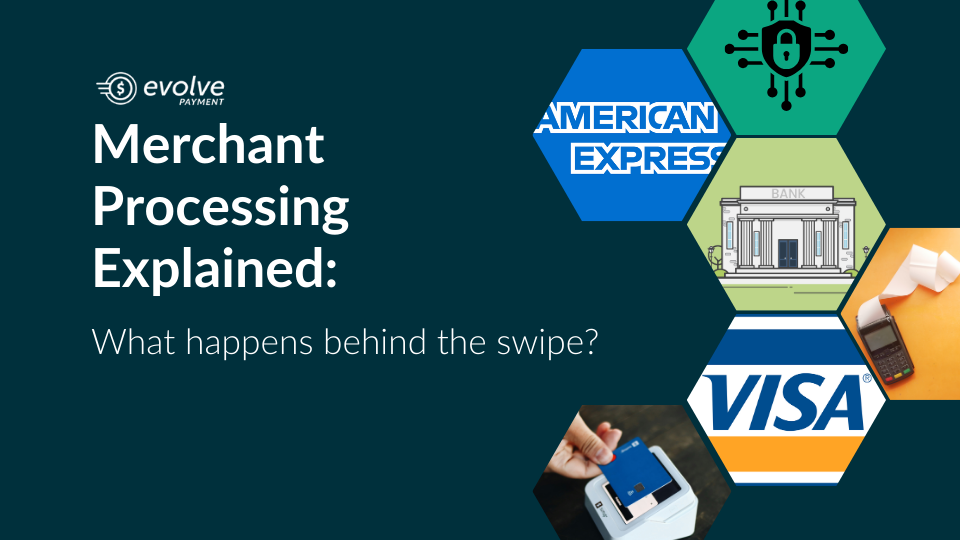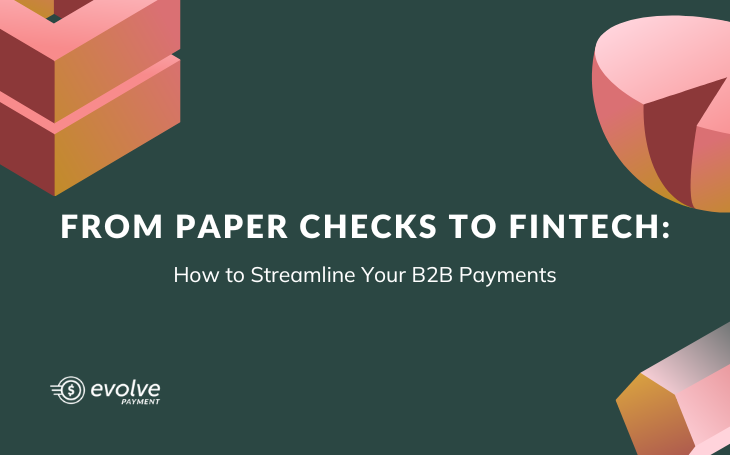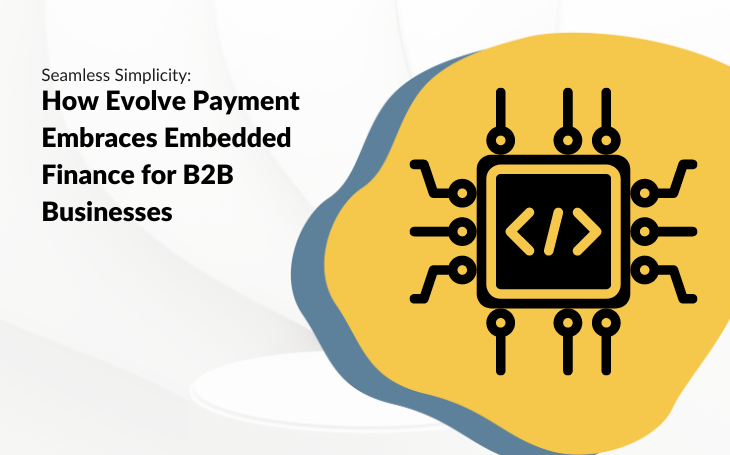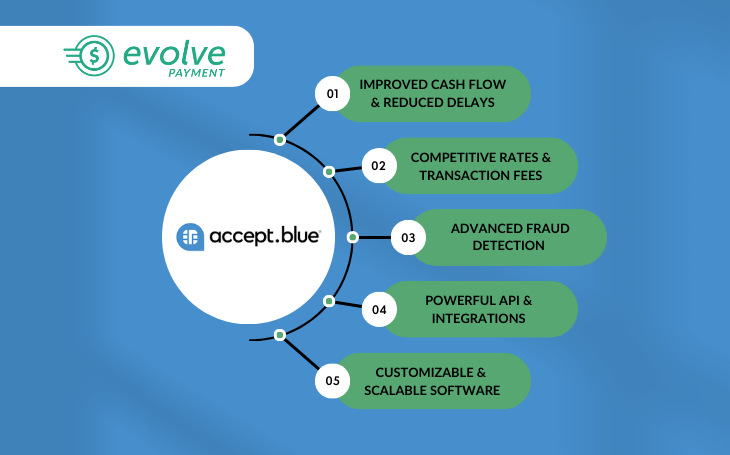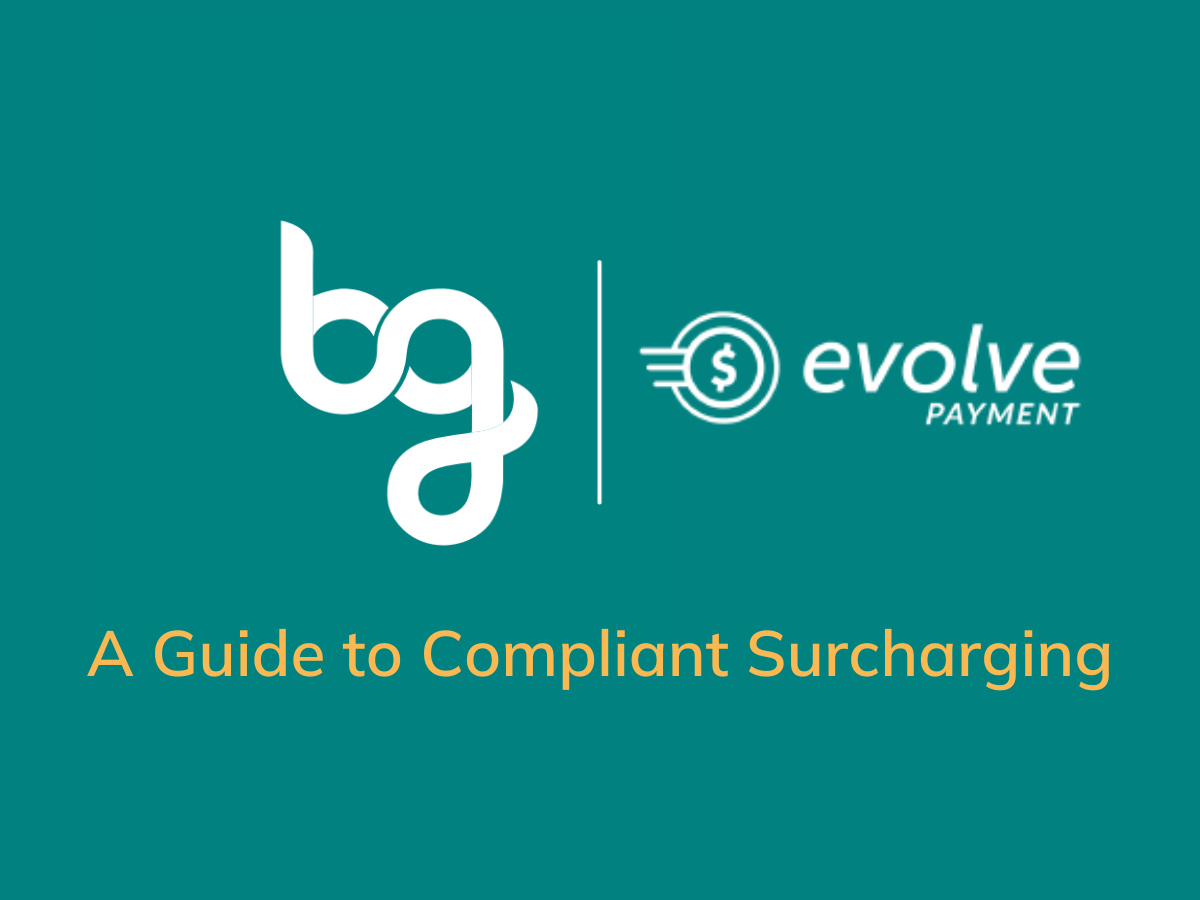



Table of Contents
What Is Credit Card Fraud?
Credit card fraud is a broad term that describes an unlawful act that involves a credit card to obtain money that is not rightfully the fraudsters. The term is used to categorize the different types of fraud that involve the use of credit cards including friendly fraud, chargeback fraud, and true fraud, which are explained in-depth below. Credit card fraud can affect merchants in both brick and mortar stores and ecommerce stores.
How Does Credit Card Fraud Affect Merchants?
The effects of credit card fraud can greatly impact merchants both offline and online. It can cost the merchant an abundant amount of money, and depending on the size of the company, it can be extremely difficult to bounce back. Credit card fraud is becoming an especially large concern for Ecommerce retailers, with an estimated $20 billion being lost in 2021 due to online fraud.
Although there is no foolproof strategy for preventing credit card fraud, there are many strategies that a merchant can implement in order to detect and deal with it.
The Different Types of Credit Card Fraud
Fraud is changing every year, and it’s up to the merchant to stay informed about new developments in fraud. It used to be commonly accepted that there were two types of fraud, friendly fraud and true fraud, although as the industry has evolved, the development of a new category emerged called chargeback fraud. Below is a breakdown of the three types of fraud a merchant can encounter.
Friendly Fraud
Friendly fraud is a situation where the cardholder unintentionally commits fraud by disputing a purchase even though they actually authorized the purchase. This often is a result of confusion or misunderstanding on behalf of the cardholder which makes them believe they have been charged for a purchase they did not approve.
Common Examples of Friendly Fraud
- The cardholder simply forgot or does not recognize the purchase.
- The cardholder forgot about a recurring payment.
- The cardholder’s family member made an unknown purchase.
How to Prevent Friendly Fraud
1. Clear Merchant Description
Often times friendly fraud is the result of the cardholder viewing their credit card statement and not recognizing the name and/or description of the charge, therefore leading them to believe they did not make the purchase. To limit this confusion, the merchant should ensure their billing descriptor is easily associated with their business.
2. Quick Customer Service
By implementing efficient customer service to ensure quick responses to questions and disputes, it will significantly increase the merchant’s ability to straighten out the complaint and reduce the number of fraud cases.
3. Regular Communication
If the merchant intentionally sends out communication touchpoints, such as email purchase confirmation and recurring billing reminders, it communicates activity with the cardholder to eliminate surprises or forgetfulness. In addition, it adds additional reference points if the merchant needs to fall back on the paper trail.
Chargeback Fraud
Chargeback fraud is similar to friendly fraud, although the dispute is intentional even though the cardholder knows they approved the purchase and received the product/service. Chargeback fraud is when the cardholder deliberately lies about their dispute in order to maintain the purchase yet be refunded the transaction amount. There are many different types of chargebacks, but they all apply if it was a fraudulent chargeback.
Common Examples of Chargeback Fraud
- Cardholder rebuts the purchase after feeling ‘buyer’s remorse.’
- Cardholder contends the purchase after missing the return time limit.
- Cardholder disputes the purchase simply because they don’t want to pay the bill.
How to Prevent Chargeback Fraud
The chargeback fraud prevention greatly resembles friendly fraud prevention because they follow the same pattern only differing between the cardholder’s knowledge of the purchase.
1. Effective Customer Service
Having reliable customer service it allows the team to catch discrepancies in disputes and decrease the probability of the cardholder successfully completing chargeback fraud. This will save the merchant a significant amount of money.
2. Clear Yet Flexible Return Policy
A common reason for chargeback fraud is when the cardholder misunderstood or missed the return period therefore they filed a dispute to be refunded for a product they may own but had wanted to return. By clearly explaining the return policy, it makes the cardholder aware of the regulations so they understand how to comply with the policy. In addition, by adding flexibility to the return policy it allows the merchant to receive the product without refunding the chargeback dispute and not receiving the product return.
3. Apparent Communication
Similar to friendly fraud, having clear and consistent communication makes it more difficult for the cardholder to successfully dispute the purchase. To maintain straightforward communication the merchant can send updates on the order (e.g. order received, shipped, and delivered), include links in emails to the return policy, set up reminders for recurring payments, allow an easy way to cancel orders, etc.
4. Delivery Confirmation
As an extension to the previous point, implementing a system to confirm delivery, for example a signature, will almost entirely eliminate the ability for a cardholder to argue that they did not receive the product.
True Fraud
True fraud is when a purchase was made on a lost or stolen credit card that was not authorized by the cardholder. Therefore, the cardholder disputes the purchase resulting in the cardholder’s card being closed and issued a new card and account number.
Common Examples of True Fraud
- Lost or stolen cards: When the card is used by the fraudster before the cardholder is aware that it is missing, oftentimes used in situations that do not require the pin number, such as online purchases.
- Counterfeit cards: When the magnetic swipe of the credit card is copied or if the fraudster knows the card’s details.
- Fake or doctored cards: Using a fake or disabled card, the fraudster tries to convince the merchant to enter the information manually which will later show the transaction was not approved.
- Card not present (CNP): The fraudster steals the card’s information and uses it in situations when the physical card is not required.
How to Prevent True Fraud
1. Do Not Perform Manual Payments
A form of true fraud is using a fake or doctored card during checkout by convincing the clerk to manually input the information which is not flagged as unapproved until after the fraudster is gone.
2. Use a Chip Reader
The chip reader has significantly decreased the number of in-store fraud cases since it removed the ability for the card’s magnetic strip to be manipulated.
3. Online Security
Some of the true fraud plans rely on a process that does not require the physical card to be present, therefore ensuring your online transactions are secure by using specific technology that will deny a fraudulent transaction before it is processed.
4. Require Security Codes
When the physical card is not necessary for checkout (online, phone, etc.) it is beneficial to require the security code in order to affirm that the person making the purchase is in possession of the card.
Summary of Differences
Friendly fraud is unintentional and accidental. We consider it “friendly” because there’s no malice behind it. Chargeback fraud is intentionally triggering a fraudulent chargeback to recuperate the costs from a purchase when there wasn’t a merchant error. True fraud is making a purchase with a stolen credit card that wasn’t authorized by the cardholder.
Connect With Us and Protect Your Ecommerce Store From Online Fraud
Credit card fraud for merchants is an unavoidable situation, although by understanding the different types of fraud cases, merchants can implement prevention strategies that will reduce the number of successful fraud cases and save the merchant a significant amount of money and frustration.

Awareness and due diligence are the two best forms of defense against fraudulent activity. The Evolve Payment team are experts in merchant security and can assist you with becoming PCI compliant, knowledgeable about the fraud landscape, and act as your trusted resource if you’re a victim of fraud. Connect with us and ask us a question, we’d love to be your merchant advocate.

